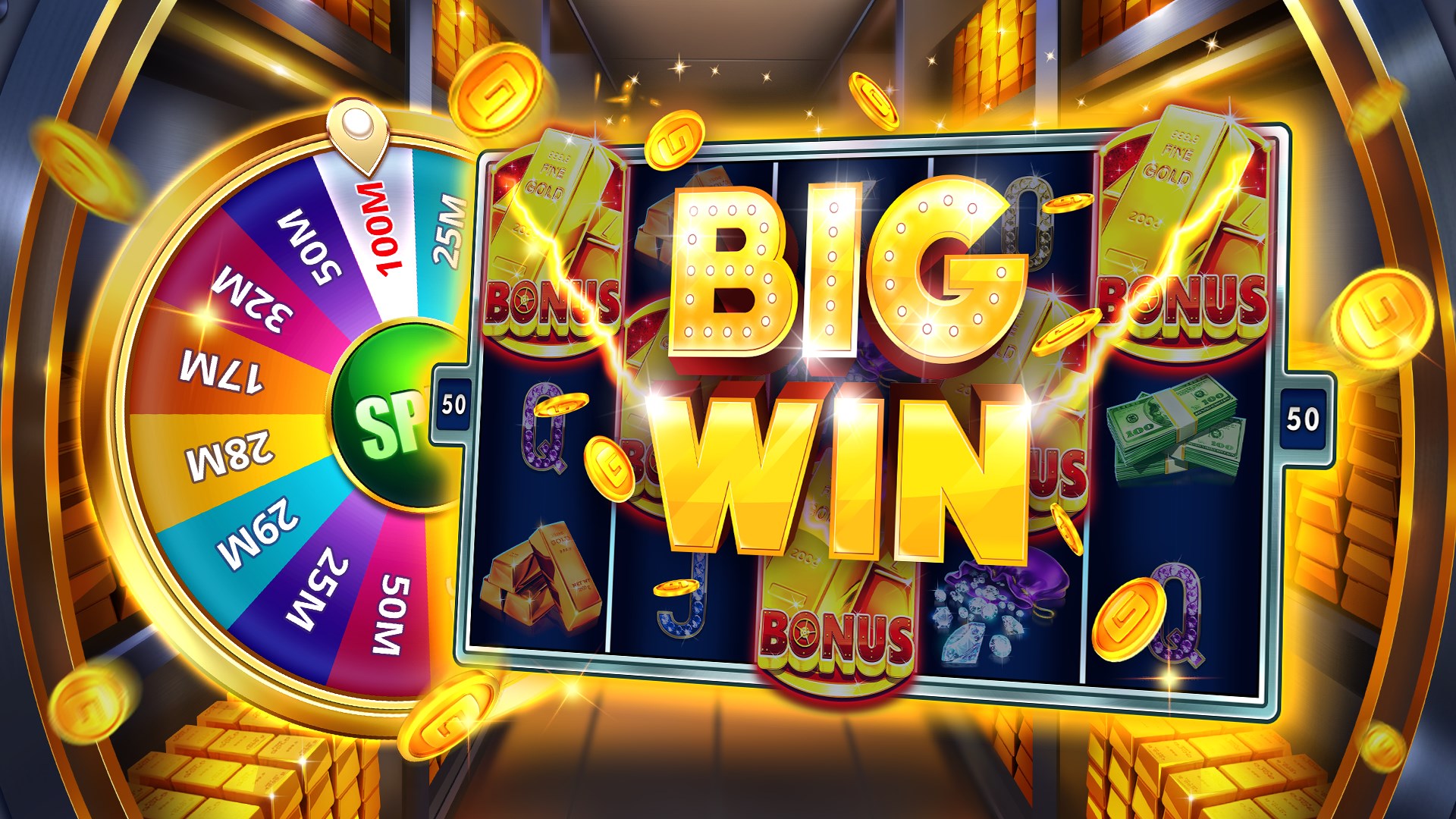Investigating Tabletop Games: Beyond Randomness
When we think of casino games, the first images that often come to mind are those of spinning roulette devices, poker tokens clinking on fabric surfaces, and dice rolling across a gaming area. While numerous view these games as mere pastimes fueled by luck, a deeper exploration reveals a fascinating blend of tactics, skill, and social interaction that raises them far beyond simple chance. Whether you are a seasoned player or a curious newcomer, understanding the nuances of these games can greatly enhance your enjoyment and appreciation.
Gambling games have evolved over hundreds of years, with various cultures contributing to their rich histories and variations. From the intricate strategies of 21 to the bluffing methods in poker, players engage in a contest of intellect as much as a gamble on numbers. This exciting interplay between luck and skill creates a thrilling atmosphere that draws millions to gambling establishments worldwide. 84win As we delve into the world of table activities, we will reveal the strategies that can shift the odds in your favor and the community aspects that make these activities a popular choice for leisure and interaction.
A Strategy Behind Table Gaming
Table gaming often combine a blend of skill and chance, making them intriguing for players who like a challenge. Each game has their own set of guidelines and strategies that can affect the results. For example, in games like 21, participants are required to use strategies like card counting and understanding the probabilities to make informed decisions. This skill set can greatly improve the victory potential, distinguishing seasoned players from novices who may depend entirely on luck.
Conversely, titles such as roulette may seem to be entirely based on chance, but strategic thinking can also play into the equation. Players can select between different betting strategies, such as the Martingale strategy, in which they increase the bets after losses. This approach can create a more controlled approach to the activity. Grasping the odds of specific wagers can also help players make better decisions on the table, demonstrating that even titles of luck, strategy can enhance the experience.
Furthermore, the game of poker stands out as a game that heavily focuses on tactics. In contrast to most gaming titles, the game of poker combines skill, psychology, and chance. Players must also concentrate on the cards they are given but also consider their rivals’ behavior and wagering patterns. Mastering concepts like table position, the odds of the pot, and reading bluffs is essential for winning. This depth of strategy in poker often creates to a more engaging experience for participants, where the choices and abilities greatly affect the game’s outcome.
Understanding Probability and Odds
In the world of casino activities, probability and ratios have a vital role in deciding a player’s possible outcomes. Every match has its own collection of principles that dictate how the chance of succeeding or failing is calculated. For case, in matches like 21, players have a chance to modify their odds through tactics, whereas in matches like the wheel, the results are exclusively dictated by chance. Comprehending how these probabilities are measured can substantially affect how a player deals with the game.
Odds are typically expressed in two formats: ratio and numeric. Fractional ratios represent the proportion of the sum won to the sum staked, whereas decimal ratios show the overall payout for a winning bet, which includes the initial bet. For example, if a match has odds of 5 to 1, this implies that for every one dollar staked, a gambler could gain five units if successful. Knowing how to interpret these ratios allows gamblers to assess their possible winnings and formulate more wise decisions during gameplay.
Gamblers should also be conscious of the casino advantage, which is the casino’s built-in advantage over the gamblers. Each game has a different advantage, and grasping this idea is important for managing one’s expectations and funds. Games with a reduced house edge, such as blackjack and chemin de fer, typically offer superior odds for players compared to games like slots and keno. By understanding the connection between probability, odds, and the house edge, gamblers can enhance their gaming experience and plan more efficiently.
The Aspect of Table Gaming
Table games at gaming establishments are often seen as a center of social interaction, drawing players together in a collective experience that goes far beyond the mere act of playing games. The atmosphere at a blackjack table can be vibrant, with players engaging not only with the game itself but also with each other. Joy, excitement, and, occasionally, friendly banter create connections that improve the overall experience of the gaming experience. This communal aspect can turn a solitary endeavor into a dynamic social event, making casino games particularly enticing.
One of the fascinating elements of table gaming is the way it cultivates friendship among participants. Whether it’s collaborating to beat the dealer at a dice table or sharing stories between hands in a card game, the environment encourages interaction. Players often share tips or tactics, creating a sense of togetherness that enhances the fun. This social dynamic can make new gamblers feel included and less daunted by the competitive nature of casino games. As the game continues, friendships may form, leading to a sense of connection that keeps participants coming back to the table.
Moreover, the social aspect of table gaming extends outside just the participants. Casino staff play a vital role in encouraging interaction and maintaining the flow of the game. Their ability to engage players with warm dialogue and their expertise in managing the table can create an inviting atmosphere. This connection between players and staff adds another layer of enjoyment, where gamblers feel connected not only to each other but also to the staff. Such interactions are often what make the experience unforgettable, as players leave with stories to tell and connections made, reinforcing the notion that table games are truly about more than just chance.

